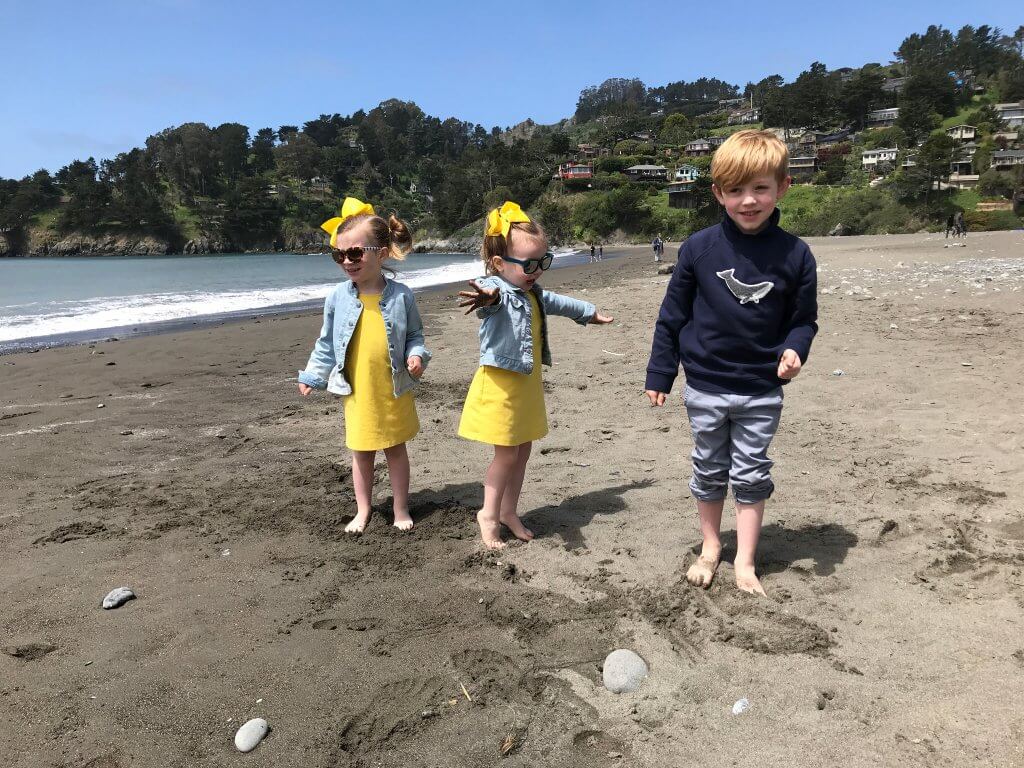Raleigh Duttweiler learned the hard way that navigating TRICARE with a special needs child isn’t easy. Then, she was introduced to the National Military Family Association.
Duttweiler, a Marine Reserve spouse, is the deputy director of public media for NMFA. She said the association helped her family to understand the TRICARE system when their daughter needed it the most.
When Duttweiler gave birth to her daughter Sibby, she quickly learned that something was wrong. Sibby had failed her hearing test and was suffering from severe food allergies that led the family’s pediatrician to determine that she would need to be put on a hypoallergenic, amino acid-based prescription formula. The problem was getting TRICARE to agree.
After Duttweiler tried the other TRICARE-approved formulas without success, she requested the specialty formula.
“At this point, we knew she (was deaf) and we just really needed the formula so she could eat,” she said. “She was not gaining weight, and she was miserable.”
TRICARE denied the request.
“We were buying the formula out of pocket and we were draining our bank account to do it,” she said. “I called a good friend of mine and told her that we were doing everything by the book and TRICARE still wasn’t covering it. I didn’t know how I was going to feed my child the next week.”
Her friend’s answer? Contact National Military Family Association.
Two days later Duttweiler opened her door to a package from NMFA with a two-week supply of the specialty formula.
The Duttweilers’ journey has slowly gotten easier thanks to the help and support they found through the organization.
“When I go back to that time, the thing that I learned in our hardest days was twofold. One is that you absolutely can’t do it alone, you have to call a friend. The second is to call NMFA. That is something that in our darkest, hardest time was what put food on the table for my baby. It was the thing that let us make things work.”
Duttweiler says she now feels more confident about being able to navigate the TRICARE system.
“Thanks to Joyce (Raezer, former director of NMFA), Sibby got the food that she needed, but also, thanks to NMFA, I gained the courage to be the person who called and annoyed TRICARE,” she said. “I thought that if there was a lady in Washington with the NMFA who can call TRICARE and do whatever it is that she did to not only get my child’s food but get it fully covered, I could do that, too.”
That courage led to her family being assigned a TRICARE special case manager for Sibby, and Duttweiler recommends other families do the same because “they can make all the difference when you are a reserve family and navigating complex medical issues.”
She says she continues to use the lessons learned from NMFA and offered a few tips to help others.
“Number one, you should start learning the right words to use. I know that if I am going fill something that TRICARE doesn’t have several generic versions available or there is not a specific process to go through, I start asking about letters of medical necessity,” she said. “I start with my doctor and then ask about specific information TRICARE may need to make this process easier.”
Duttweiler adds one of the things that makes things easier when dealing with TRICARE is to ask if they can anticipate any stumbling blocks.
“That way, I can proactively get any information that might be needed. When you start learning their various levels of approval, you are better able to get the outcome you want.”
However, if issues arise, her top recommendation is to call NMFA, specifically Eileen Huck, government relations deputy director.
“If you are not able to successfully advocate for yourself, turn to a professional advocate; that is what NMFA does,” Duttweiler said.
NMFA supports military families through advocacy, camps and retreats for military families, and scholarships for military spouses. For more information about these programs, go to www.militaryfamily.org.

